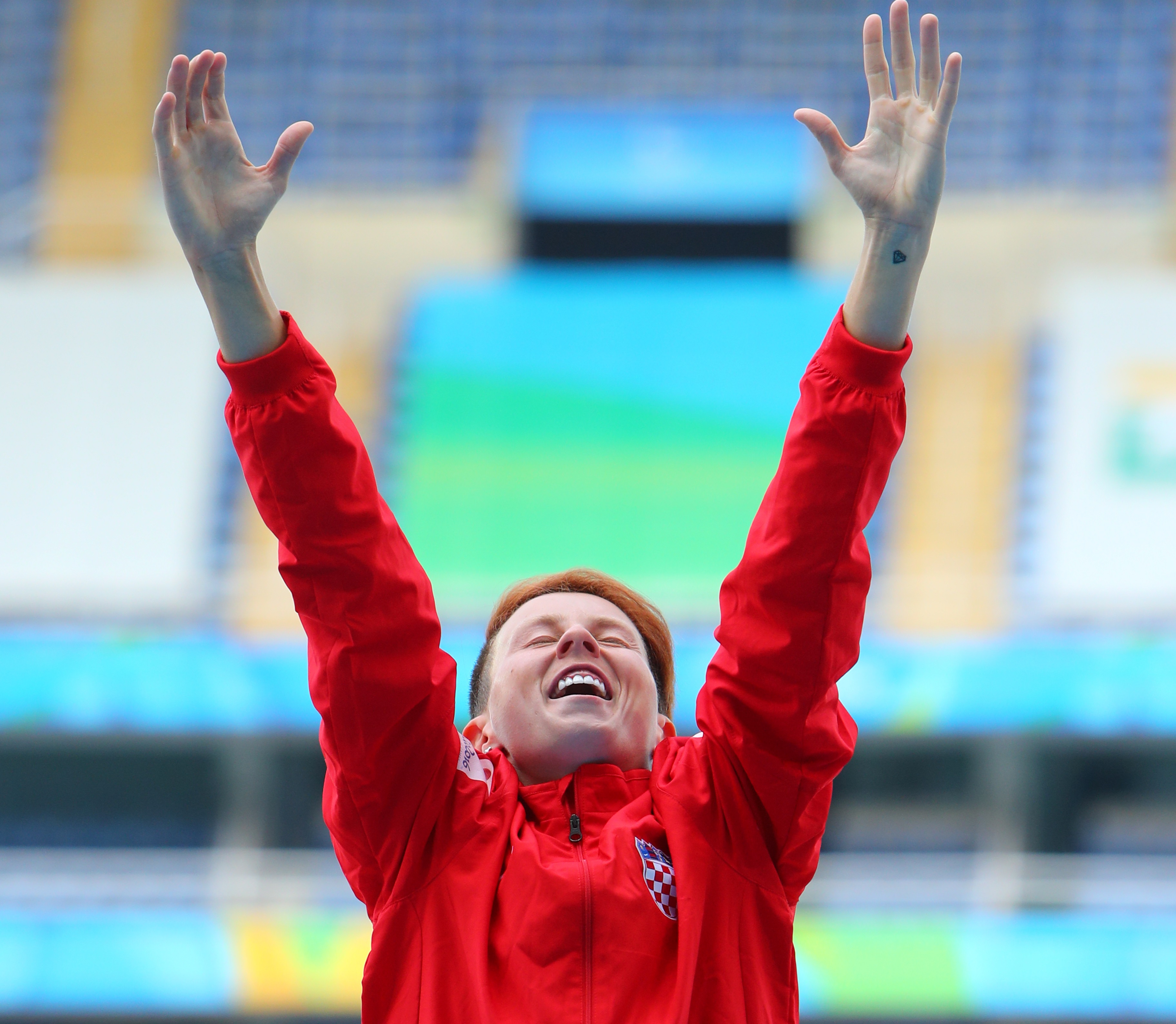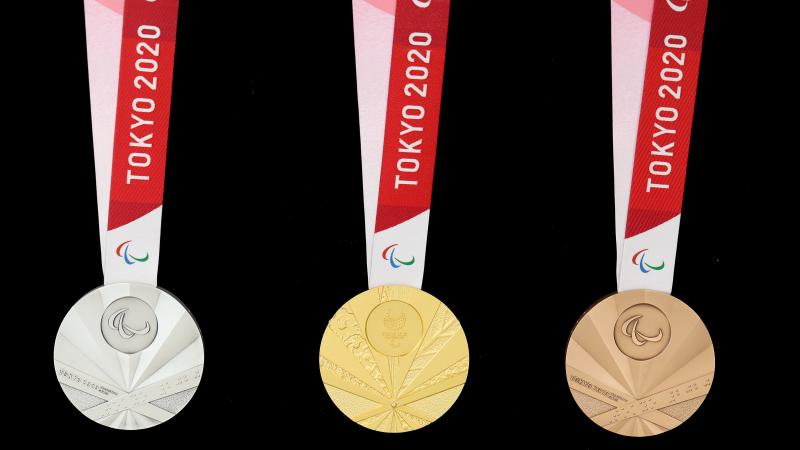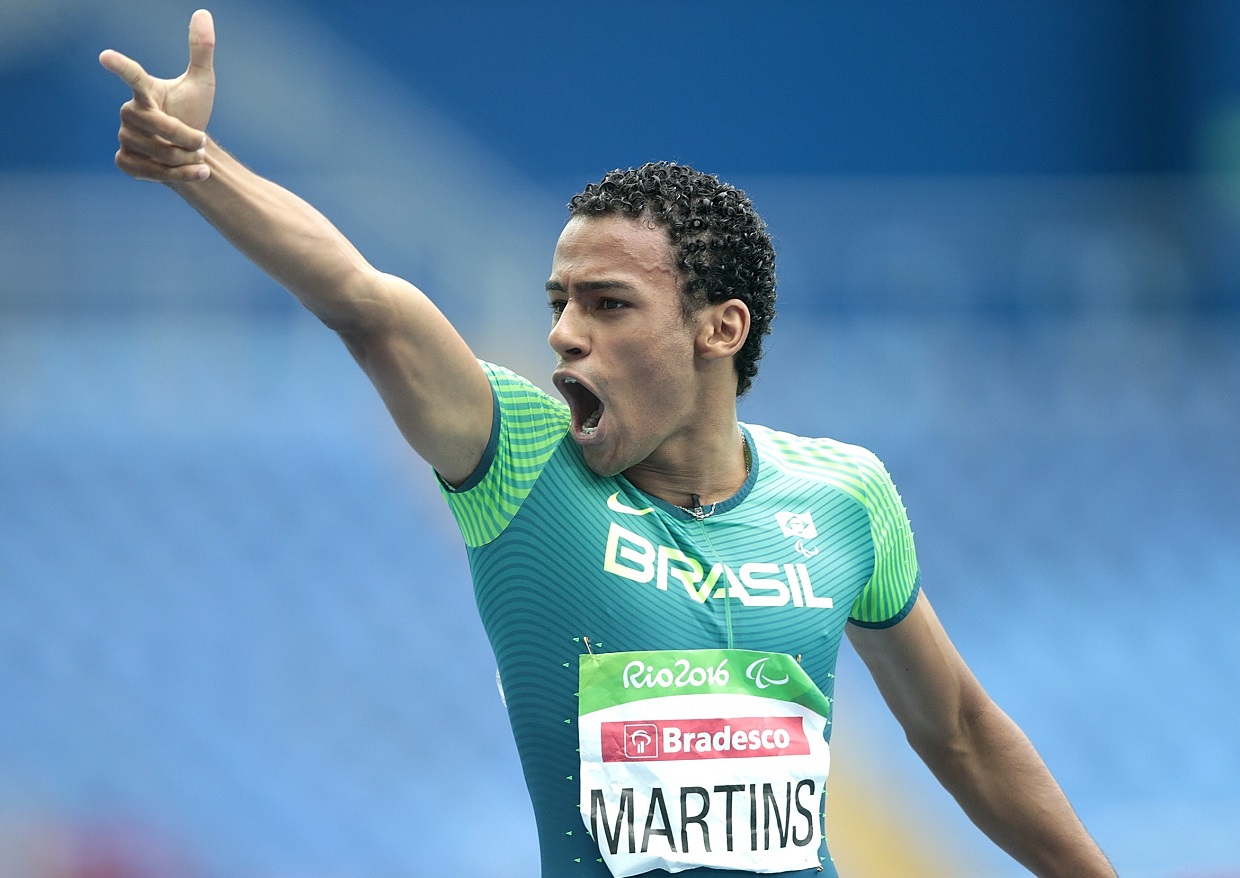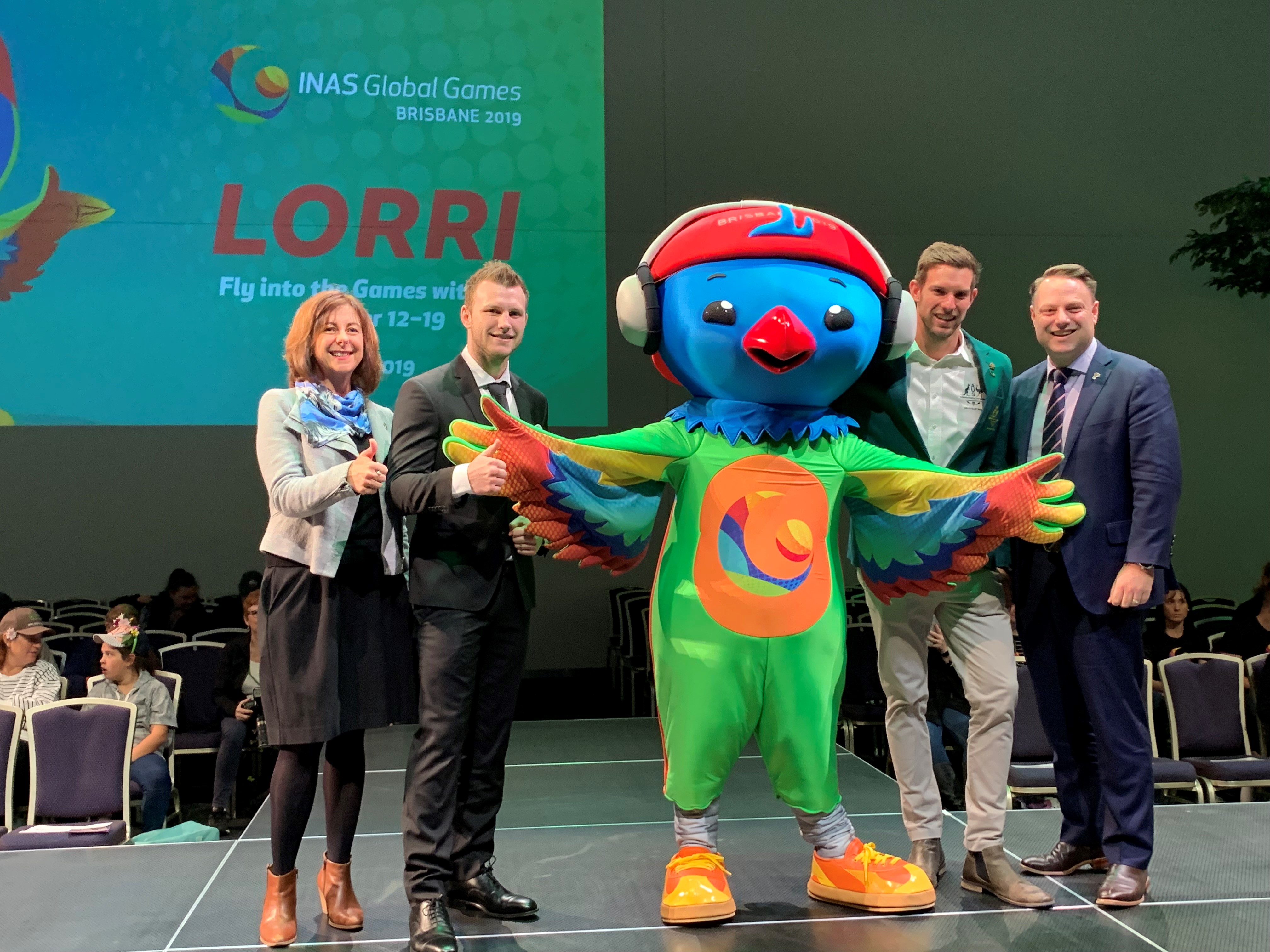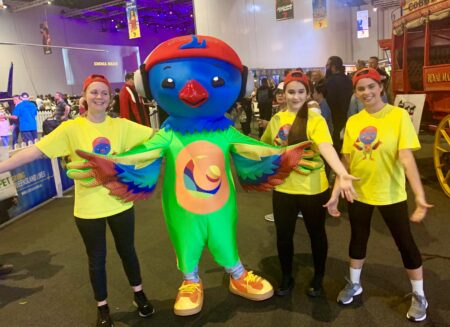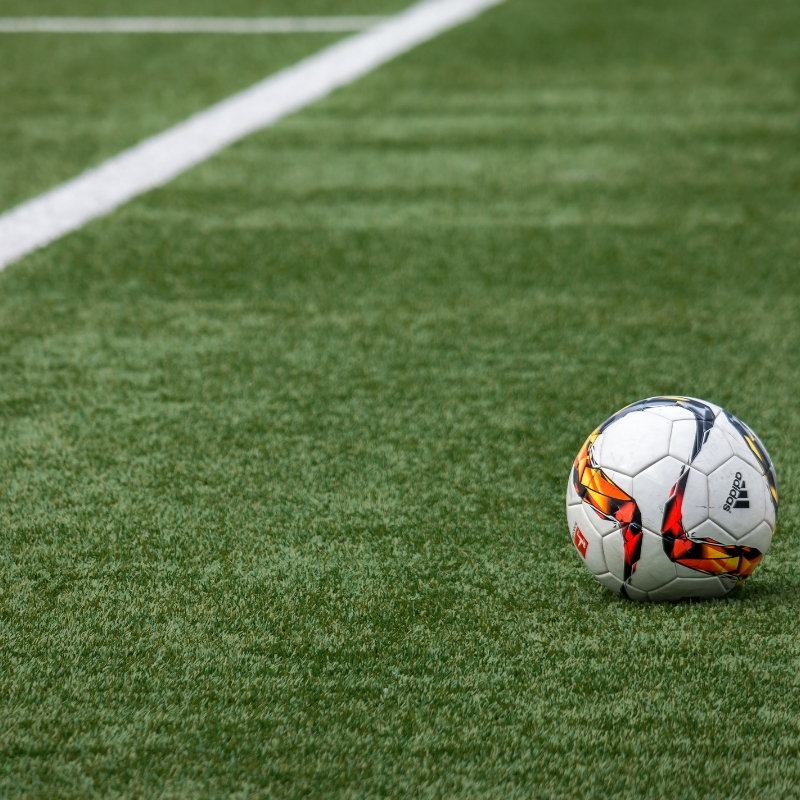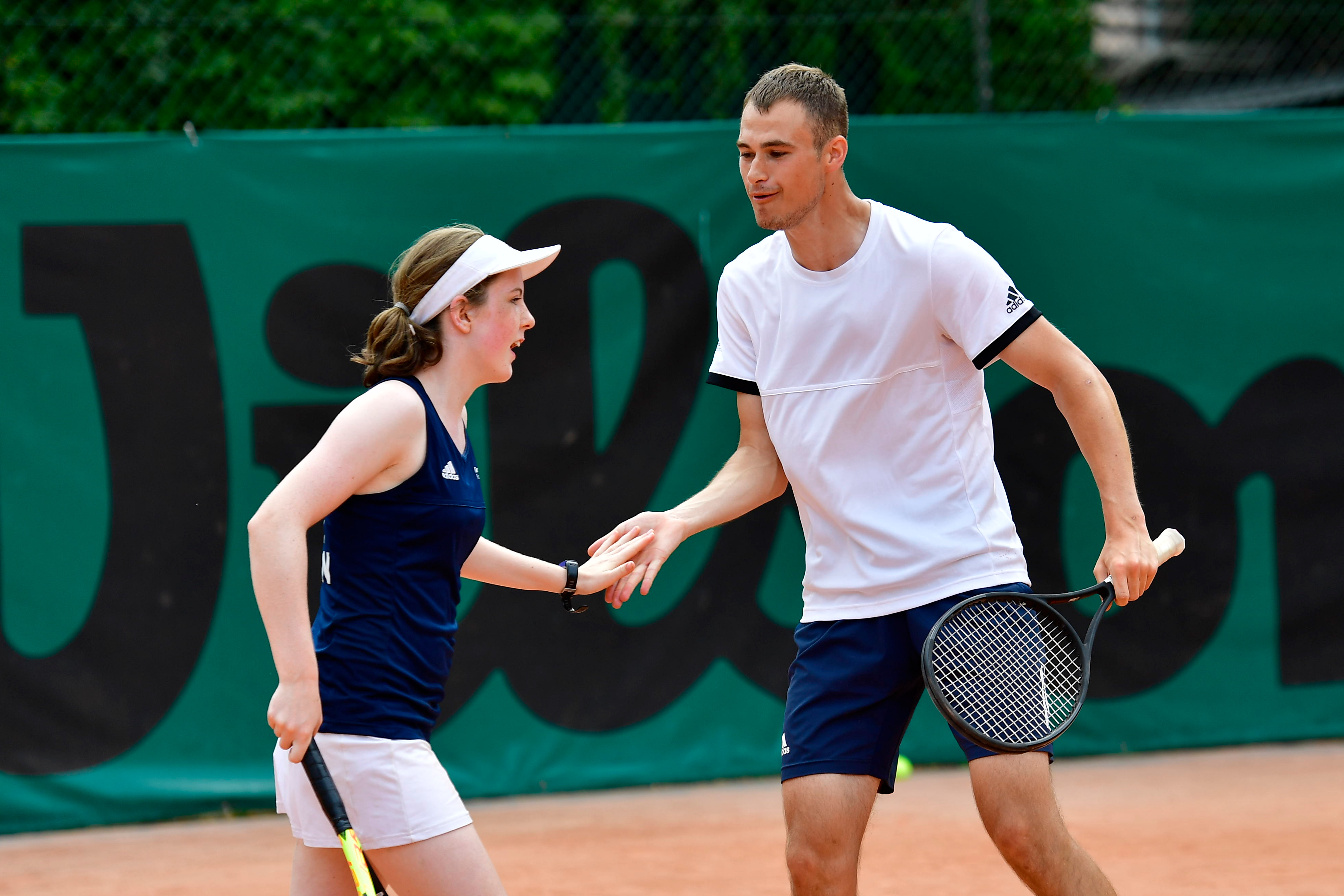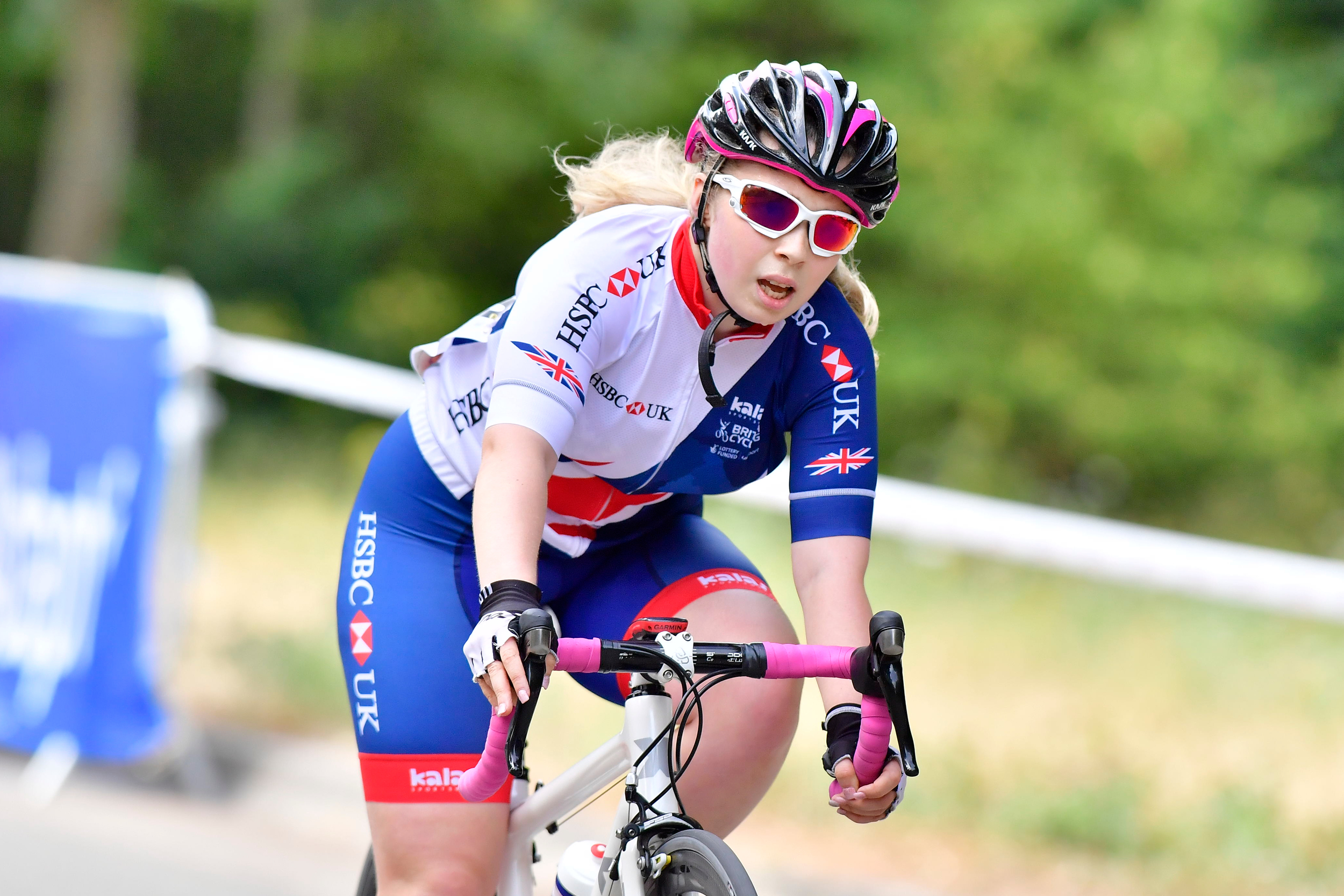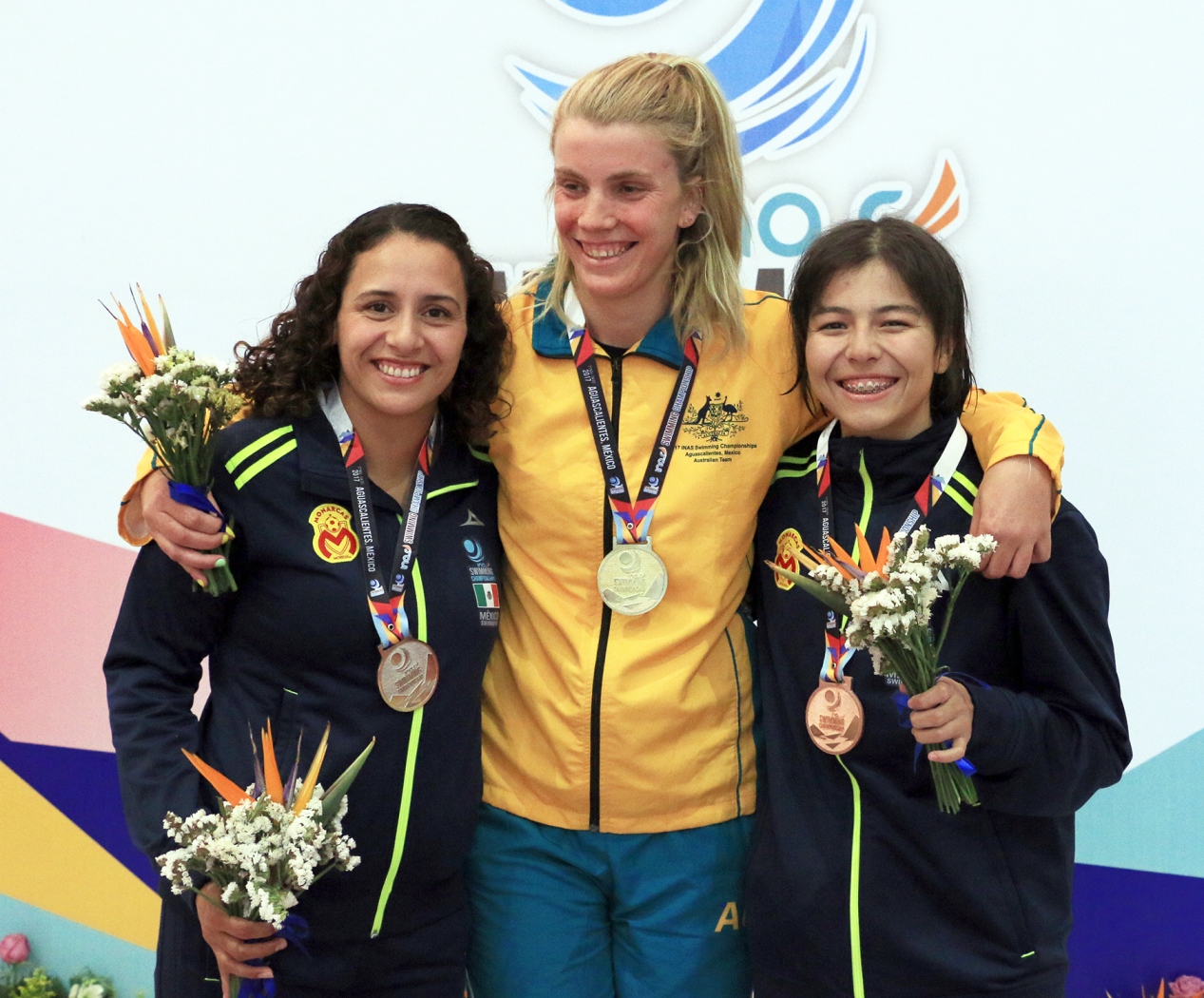New Paralympic documentary in the pipeline
Producers John Battsek of two-time Academy Award winning Passion Pictures (One Day in September, Searching for Sugar Man) and Greg Nugent of HTYT Films are to produce a ground-breaking new feature documentary, provisionally titled ‘Harder Than You Think’, which charts the extraordinary story of the Paralympic Games.
The film will be directed by BAFTA-nominated directors Ian Bonhôte and Peter Ettedgui (McQueen) and will tell the story of how the Paralympic Games grew from its post-war inception to become the world’s third largest sporting event.
Producer Barbara Broccoli OBE (James Bond franchise) and BAFTA winning and Academy Award nominated screenwriter Richard Curtis CBE (Yesterday, Love Actually) will serve as Executive Producers together with accomplished US Paralympian Tatyana McFadden and former International Paralympic Committee (IPC) CEO Xavier Gonzalez.
HTYT Films hold the global rights, granted by the IPC, and have financed the film.
Set to be released Summer 2020 in the run-up to the Paralympic Games in Tokyo, the film will chart the story of how one man’s vision that sport can deliver purpose to persons with disabilities sparked a movement which over half a century has grown into the third biggest event on the planet.
The filmmakers will blend never-before-seen archive footage through to the extraordinary stories of today’s athletes, leaders and visionaries. With production now underway, filming completed to-date includes current IPC President Andrew Parsons, former IPC President Sir Philip Craven MBE, and Eva Loeffler OBE whose father Sir Ludwig Guttmann founded the Paralympic Movement.
A range of renowned Paralympians from around the world have also been filmed or are scheduled to be filmed in the future including Jonnie Peacock MBE (Great Britain), Jean Baptiste Alaize (France), Beatrice “Bebe” Vio (Italy), Shingo Kunieda (Japan), Daniel Dias (Brazil) and Tatyana McFadden (USA).
The film will also talk about how other events like the Invictus Games are building on the huge impact of the Paralympic Movement, helping to challenge and continue to change the perception of ability right around the world. As part of this, filming has also taken place with HRH the Duke of Sussex talking about his admiration for the Paralympic Movement and the parallels with his own motivation for creating the Invictus Games.
At a time when a lack of diversity in the entertainment industry remains firmly in the spotlight, this major new documentary will be a landmark piece of filmmaking whose ambition is to change the way the world thinks about human potential.
Greg Nugent of HTYT Films said: “It is a great honour to be given the chance to bring this extraordinary story to a global audience. It is a story that has never been more important and we are thrilled to have attracted such a talented, creative and diverse team to help us tell it.”
Producer John Battsek said: “We are currently experiencing a golden age in feature documentary filmmaking. The opportunity to bring the remarkable story of the Paralympic Movement to a worldwide audience working alongside a world-class creative team in Ian and Peter, and with the involvement of Greg Nugent and such an elite group of Executive Producers, is both an honour and a privilege.”
Directors Ian Bonhôte and Peter Ettedgui said: “This is a once-in-a-lifetime story for us to tell, and there’s never been a better time to tell it. It’s a story with an incredibly cinematic sweep, full of emotion. We want to take audiences on a visceral rollercoaster ride that reflects the many hurdles, disasters and triumphs that the Paralympic Movement has faced on its epic journey from a minor English tournament to this massive global event. It’s a story that inspires and challenges us as filmmakers, and we look forward to opening the hearts and minds of audiences everywhere to some of the most astonishing human and sporting stories you will ever experience.”

